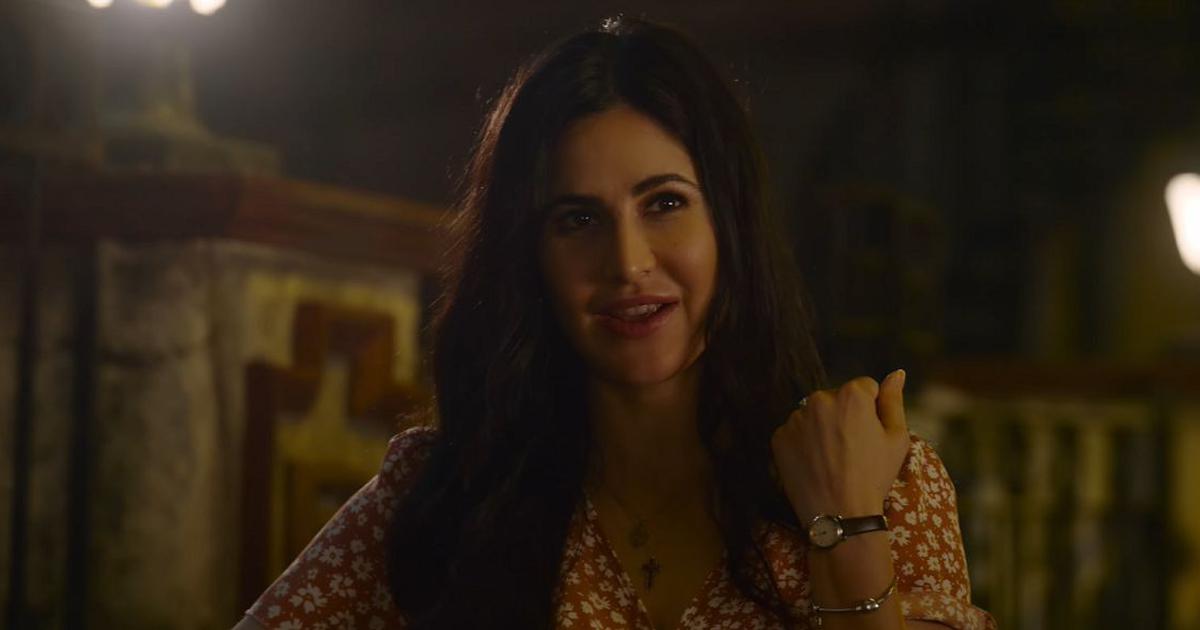If you had to talk to anyone in Bollywood about the distressing quality of film scripts, then Vishal Bhardwaj, Sriram Raghavan, Vikramaditya Motwane, Rakeysh Omprakash Mehra and Shridhar Raghavan would be a good set of people for this conversation. At this year’s Mumbai Film Festival, these directors and screenwriters got together to talk about why good scripts don’t exist in India, in a conversation moderated by screenwriter Anjum Rajabali.
The most logical answer came from Vikramaditya Motwane: since writing is not a lucrative profession, most writers end up becoming directors.
This, obviously, is a problem on several levels. When talented writers are preoccupied with the larger task of directing a film, less-talented writers are entrusted with the script, which is a film’s backbone. Also, the lack of recognition for writers and inadequate payment rates create a system in which writers work with little creative satisfaction. They need to churn scripts out within tight deadlines and rarely have the luxury of devoting the time that a project needs to be conceived and written properly.
Finally, most directors in India are uncomfortable directing a script that they haven’t themselves helped develop. Unlike in many other film industries across the world, directors are sent completed scripts written by screenwriters they don’t know and their first introduction to the project is the “bound script”. This, however, is rare in Bollywood. Most of the time, a film begins as a one-page idea that is developed by both the director and the screenwriter. Often, the bound script doesn’t even exist because it’s coming together over the filmmaking process.
As far as Hindi cinema is concerned, the box office seems to be another obstacle in the way of good scripts being made into films. Box-office performance is a more important factor than it would be in, regional industries, like Marathi or Bengali cinema for example. Perhaps because there’s so much focus on budgets and returns on investment, scripts often don’t get made simply because they don’t appear to have commercial value.
Mehra was the lone voice of dissent amongst the panellists on this point, insisting that times were changing and that it was possible to pitch a script that would get made into a movie on its own merit.
In the audience, Navjot Gulati, who has worked for the past six years as a screenwriter in Mumbai, disagreed completely with Mehra’s claim. “I’ll give you my own example,” he said. “Over the past six years, I have made more than 150 unsuccessful pitches to various directors and producers of scripts that have otherwise been appreciated.” As of now, Gulati has one greenlit film to his credit, Running Shaadi.com, which releases next year.
The problem, according to Gulati, lies with how things work in the (s)hallowed environs of Versova, the Mumbai suburb that is home to many of the industry’s young writers and directors. “More often than not, it’s less about the quality of your script and more about how well you get along with the director or producer you’re pitching to,” said Gulati. There could be several good scripts out there, written by talented writers from all around the country, that have simply not managed to find the right channels. “It’s simple – if they don’t know who you are, it doesn’t matter how good or bad your script is. Now, after years, I have figured out how to get around this. But someone new to the industry or the city has no way of doing so.”
Silver linings exist. One ongoing initiative that has been helping break the status quo for the past three years is a ‘script club’ that comprises young writer-directors such as Motwane, Navdeep Singh, Akshat Verma, Dev Makhija, and Anvita Dutt, among others. The team jointly evaluates every script sent across to them over a week and gives the writer honest and critical feedback, including whether it is worth taking forward or not. “If a good script exists in this city, we’ve definitely heard of it,” he told a writer in the audience who complained about not having gotten a break for three years, indicating that this is a channel everybody should make use of.
Other constructive solutions to improve the lot of writers were also discussed. One actual, in-the-works initiative is the proposal to create a writers’ guild in India with support from the government, given that the current Union Human Resource Development Minister, Smriti Irani, is a former actress. Meanwhile, Rajabali said he’s “sweating blood” trying to get certain amendments made to the Copyright Act that would benefit writers, and that positive results could be expected by January. Aside from job security, the long-term aim would be to ensure that writers are paid far better than they are today – ideally, nearly at par with directors – which should contribute to a rise in quality.
These measures, if implemented and executed correctly, could indeed transform the quality of movies produced in this industry in a dramatic manner. However, an industry as disorganised and competitive as this would always require writers to be at the top of their game. This emotion was best summed up by Bharadwaj, who, quoting Gulzar, urged every struggling writer in the audience to remember one thing: always keep your gun locked and loaded, for you never know when you might need to fire it.


)




)
)
)
)
)
)
)
)